Student Basic Needs Act Crucial in Building Pathways to Success
This blog post was written by Riham Hashi, United Way of King County senior manager of postsecondary policy and evaluation.
Access to education is a pressing equity issue, and it is a proven pathway out of poverty. Yet many students in Washington state struggle to persist or complete educational programs because they cannot afford to meet their basic needs for food, mental and behavioral healthcare, childcare or housing—nor do they have support to navigate existing systems.
According to a September survey conducted by the Washington Student Achievement Council (WSAC), and sent to students at 39 colleges and universities across the state, nearly half of students in Washington state experienced basic needs insecurity.
These conditions disproportionately impact low-income students, particularly those who are Black, Indigenous and people of color (BIPOC), first-generation or parenting students.
United Way of King County’s Bridge to Finish program implemented a model establishing Benefits Hubs at nine community and technical colleges and one university to address these needs. These Benefits Hubs provide a centralized and coordinated model that acts as a one-stop location on campus, where students can meet peer navigators and get help accessing basic needs resources, referrals and information.
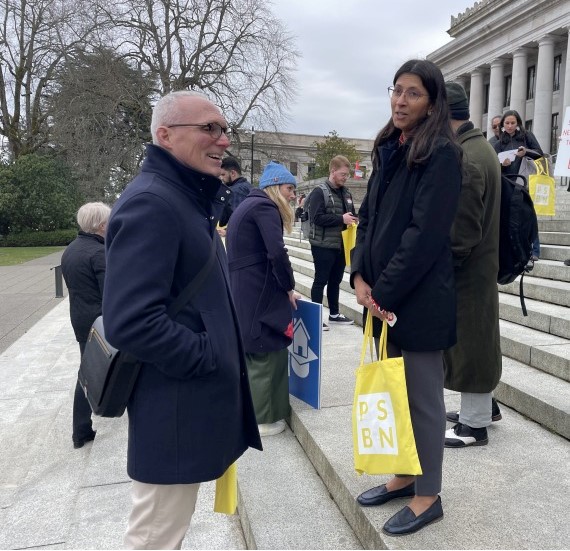
Over the last seven years, we have learned how critical on-campus navigators are in bridging access gaps and how hunger and housing continue to be leading issues that impact students. Students in need of these services find it difficult to navigate the existing systems to find the help they need. In fact, the WSAC report also found that of the students who report they struggle to meet their basic needs, less than half of them have accessed resources. It is not enough to provide resources for students, we must also provide them with support in knowing about and accessing those resources.
The Bridge to Finish program is an evidence-based model that works to bridge these barriers. MDRC (an education and social policy research organization) and WSAC recently completed an evaluation of our Bridge to Finish Program and found that after adjusting for student characteristics in the data, participants who accessed services at Benefit Hubs were 25 percentage points more likely to complete and persist in college. This is critical in building pathways to success since over 70 percent of jobs in Washington state require some level of education outside of high school.
House Bill 1559 and Senate Bill 5566 are crucial bills that will help address attainment gaps and increase college completion rates by providing navigators and addressing students’ most urgent needs like hunger. We urge everyone to encourage lawmakers to support the Student Basic Needs Act.

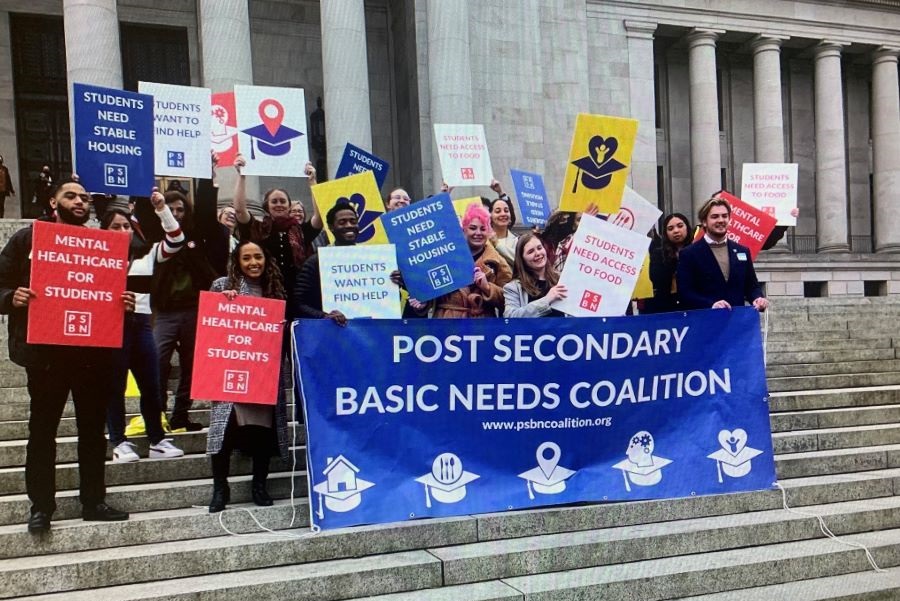
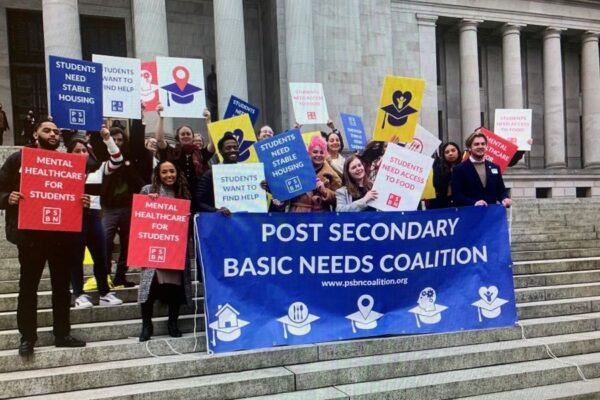
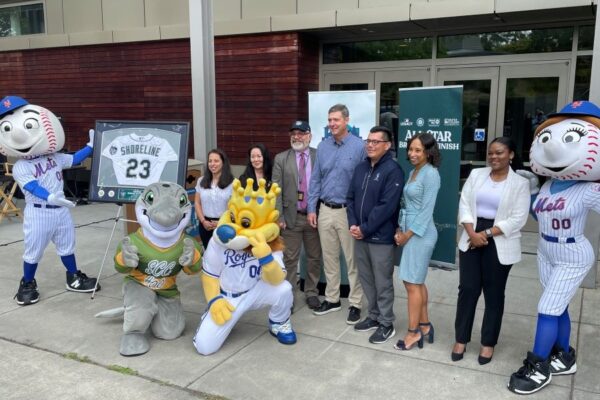
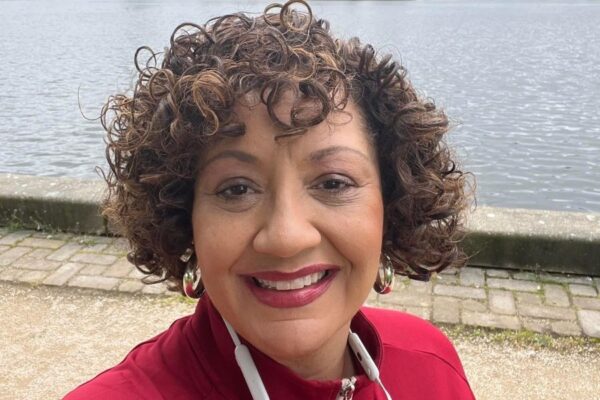
Comments